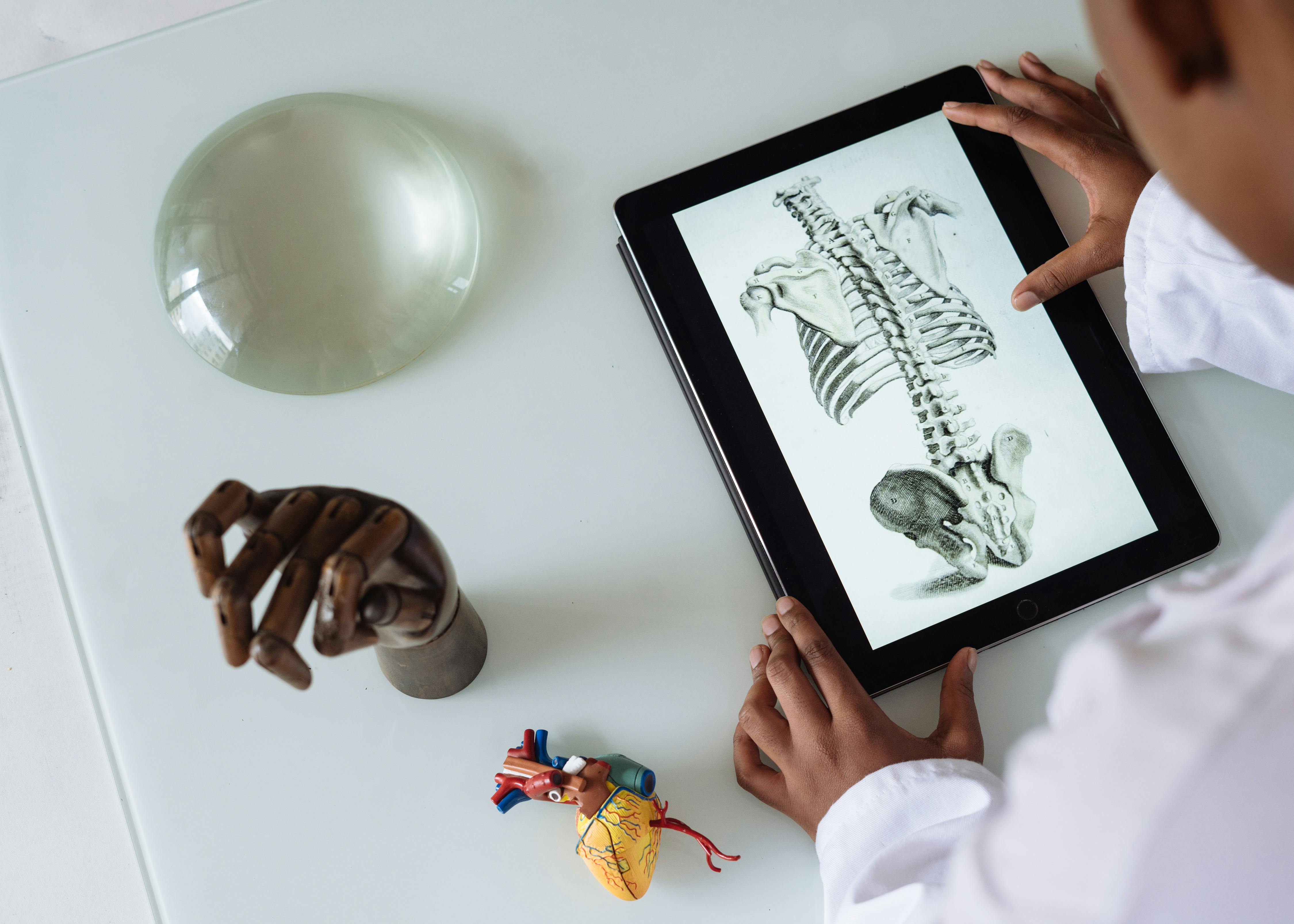The healthcare landscape is undergoing a significant transformation fueled by artificial intelligence (AI). AI is making its way into various aspects of medicine, and one particularly exciting area is its integration with medical devices. This convergence promises to revolutionize patient care, improve diagnostics, and empower healthcare professionals.
Transforming Traditional Devices with AI
Medical devices have long played a crucial role in diagnosis, treatment, and monitoring. Now, AI is breathing new life into these tools, enhancing their capabilities in several ways:
- Improved Diagnostics: AI-powered medical devices can analyze vast amounts of data, including images (X-rays, MRIs), patient history, and vital signs, to detect abnormalities or predict potential health risks with greater accuracy.
- Enhanced Treatment Precision: AI algorithms can assist surgeons during procedures by providing real-time guidance, recommending optimal treatment plans, and personalizing therapy based on individual patient data.
- Personalized Patient Monitoring: AI-powered wearables and implantable devices can continuously monitor a patient’s health, allowing for early detection of potential complications and enabling proactive interventions.
Examples of AI in Action
The applications of AI in medical devices are vast and constantly evolving. Here are a few examples showcasing its potential:
- AI-powered stethoscopes: These stethoscopes use AI algorithms to analyze heart and lung sounds, potentially identifying subtle abnormalities that might be missed by the human ear.
- Smart insulin pumps: These pumps leverage AI to continuously monitor blood sugar levels and adjust insulin delivery in real-time, personalizing diabetes management for each patient.
- AI-assisted robotic surgery: Surgical robots equipped with AI can enhance precision and minimize tissue damage during complex procedures, potentially leading to faster recovery times for patients.
Challenges and Considerations
While the potential benefits of AI in medical devices are undeniable, there are challenges to consider:
- Regulatory hurdles: Ensuring the safety and efficacy of AI-powered devices requires robust regulatory frameworks. Regulatory bodies are still developing guidelines for approving these devices.
- Data privacy and security: Medical devices collect a vast amount of sensitive patient data. Robust cybersecurity measures are crucial to protect this data from breaches.
- Algorithmic bias: AI algorithms can inherit biases from the data they are trained on. Mitigating bias in medical AI is essential to ensure fair and equitable healthcare for all.
The Road Ahead: A Future Powered by AI
The integration of AI in medical devices is still in its early stages, but the future holds immense promise. As technology advances and regulatory frameworks adapt, we can expect even more sophisticated and impactful AI-powered devices to emerge. This will lead to:
- Improved patient outcomes: With earlier diagnoses, more precise treatments, and personalized care, AI has the potential to significantly improve patient outcomes.
- Enhanced efficiency and cost-effectiveness: AI-powered devices can streamline workflows, optimize resource allocation, and potentially reduce healthcare costs.
- Empowered healthcare professionals: AI can act as a valuable decision-making aid for doctors and nurses, allowing them to focus on more complex aspects of patient care.
Conclusion: AI in Medical Devices – A Catalyst for Progress
The integration of AI in medical devices represents a significant leap forward in healthcare. By acknowledging the challenges and working towards responsible development, we can harness the power of AI to transform patient care, empower healthcare professionals, and usher in a new era of personalized medicine. As AI continues to evolve, the possibilities for improving human health are truly boundless.
